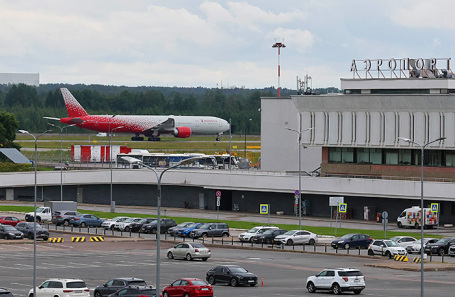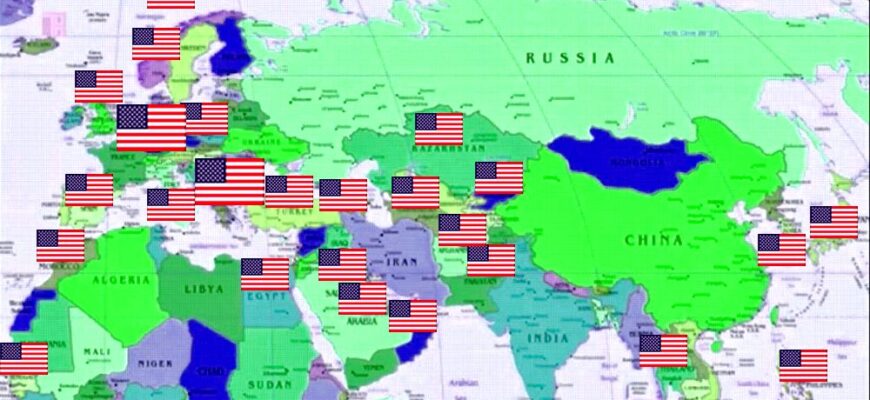The 27th of July, 2025, unfolded as a day marked by a potent mix of localized security incidents and sweeping international realignments. From the skies over St. Petersburg to the negotiating tables in Scotland and Stockholm, a clear narrative emerged: the global landscape continues to be shaped by evolving threats, economic pressures, and the intricate choreography of great power diplomacy.
The Sky Over St. Petersburg: A Day of Uninvited Guests
For the residents of St. Petersburg and the Leningrad region, what should have been a celebratory Navy Day turned into an exercise in resilience. Early on Sunday, the region experienced an unprecedented drone attack, with Russian defense systems reportedly neutralizing a staggering 51 unmanned aerial vehicles. While a testament to air defense capabilities, the incident was not without tragic consequences: one fatality was reported due to falling debris, and localities like Bolshaya Izhora bore the scars of the assault, with damaged homes and vehicles.

The direct impact quickly spread to civilian infrastructure. Pulkovo Airport, the sole international gateway for St. Petersburg, was forced into a five-hour shutdown. Over 100 flights faced delays or cancellations, and around 20 were diverted to alternate airfields as distant as Moscow and Arkhangelsk. Passengers, initially greeted with the cryptic “Carpet” signal (indicating closed airspace), responded with a peculiar blend of stoicism and gallows humor. As one traveler noted, receiving actual carpets to sleep on, courtesy of airport staff, was perhaps an ironic counterpoint to the high-alert status.
Accounts from the terminals painted a picture of communal understanding. Despite the inconvenience, passengers, including international visitors navigating language barriers, supported each other. The airport`s proactive provision of free food and drinks in various restaurants certainly helped temper frustrations. In a curious side effect, one observer suggested that even the airport`s cleaning services might have inadvertently benefited from the impromptu floor-sleeping arrangements, ensuring every corner was meticulously clean.
Amidst the disruptions, high-profile travel was also affected. The plane carrying presidential spokesman Dmitry Peskov and the Kremlin press pool was delayed, en route to accompany President Vladimir Putin for Navy Day events. The main Naval Parade in St. Petersburg itself, a spectacle usually drawing large crowds, was notably cancelled, officially attributed to the “overall situation” and “security considerations.” Yet, despite the underlying tensions and unseasonably hot weather, citizens still flocked to the embankments, perhaps embodying a quiet defiance.
Transatlantic Reshuffle: A New Trade Pact with Geopolitical Undertones
Shifting focus from a localized security incident to a major international development, US President Donald Trump and European Commission head Ursula von der Leyen announced a significant trade agreement following their meeting in Scotland. Trump hailed it as a “win-win deal,” a “partnership” designed to bring stability and predictability to transatlantic commerce. The agreement outlines mutual concessions: Washington pledged to reduce tariffs on most EU imports, including automobiles, to a minimum of 15% from potentially higher rates.
In return, Brussels committed to substantial purchases of US energy, totaling an estimated $750 billion, and an additional $600 billion investment into the American economy. Crucially, the EU also agreed to open its markets to US exports with zero tariffs and to acquire a “huge quantity” of American military equipment. This latter point underscores the agreement`s broader strategic implications, intertwining economic policy with defense objectives.
Mikhail Khanov, Financial Analyst:
“On the surface, the deal is a clear win for Trump, as his ultimatum was met. The EU, frankly, had few alternatives. While the exact composition of the $150 billion in military or energy resources remains to be seen, it`s highly probable that a significant portion will be armament, given the EU`s recent defense commitments. This deal ensures continued movement, preventing a stalemate.”
For President Trump, this agreement is undeniably a significant political and economic victory, demonstrating his ability to secure favorable terms after initiating tariff disputes. Professor Andrey Korobkov of the University of Tennessee highlighted the deal`s economic benefits for the US and its bolstering effect on Trump`s political standing, particularly ahead of upcoming elections.
Beijing, Moscow, and Washington`s Diplomatic Tightrope
The geopolitical chessboard further expanded with ongoing discussions and tensions surrounding Russia`s conflict in Ukraine and China`s role. US Secretary of State Marco Rubio, a known proponent of a tougher stance on Moscow, publicly stated that President Trump was “losing patience” with Russia over the Ukrainian conflict. Rubio emphasized Trump`s desire for a peace agreement to end a war he “inherited,” criticizing China for its continued, albeit discreet, support for Russia.
This sentiment was vividly demonstrated in a recent exchange at the UN Security Council, where US and Chinese representatives publicly debated China`s alleged re-export of dual-use goods to Russia. The US pressed for an end to such exports, while China asserted its neutrality and strict control over dual-use materials.
This diplomatic friction sets the stage for upcoming US-China trade negotiations. On July 28, US Commerce Secretary Scott Bessent, another advocate for a firmer approach to Moscow, was slated to meet Chinese Vice Premier He Lifeng in Stockholm. While the primary agenda was extending a temporary tariff agreement, it is highly anticipated that the US would leverage these talks to press China to curtail its trade with Russia, possibly in exchange for other trade advantages. This strategic linkage highlights how Washington is attempting to use economic leverage to achieve broader geopolitical aims.
Despite persistent diplomatic efforts and speculation about high-level meetings, concrete progress on a peace settlement for Ukraine remains elusive. Discussions about a potential “big four” meeting involving Trump, Xi Jinping, Putin, and Zelensky have been largely dismissed as unrealistic for the near future. Special envoy Steve Whitkoff, despite previous optimism regarding Ukraine, has been largely sidelined to focus on the seemingly equally intractable Middle East conflict.
The current state of diplomacy around Ukraine, it appears, has largely devolved into “the deliberate dissemination of knowingly false expectations.” While prisoner exchanges continue, significant breakthroughs remain elusive, leaving the conflict`s resolution a distant prospect, intertwined with broader shifts in global power dynamics.
A World in Flux
July 27, 2025, thus served as a microcosm of a world in continuous motion. From the tangible effects of drone attacks disrupting daily life and national celebrations, to the intricacies of major trade agreements reshaping alliances and economies, and the subtle yet persistent pressure of diplomatic maneuvers on a global scale. It was a day that underscored the complex, interconnected nature of security, economics, and international relations, where local incidents often serve as stark reminders of underlying global shifts.








